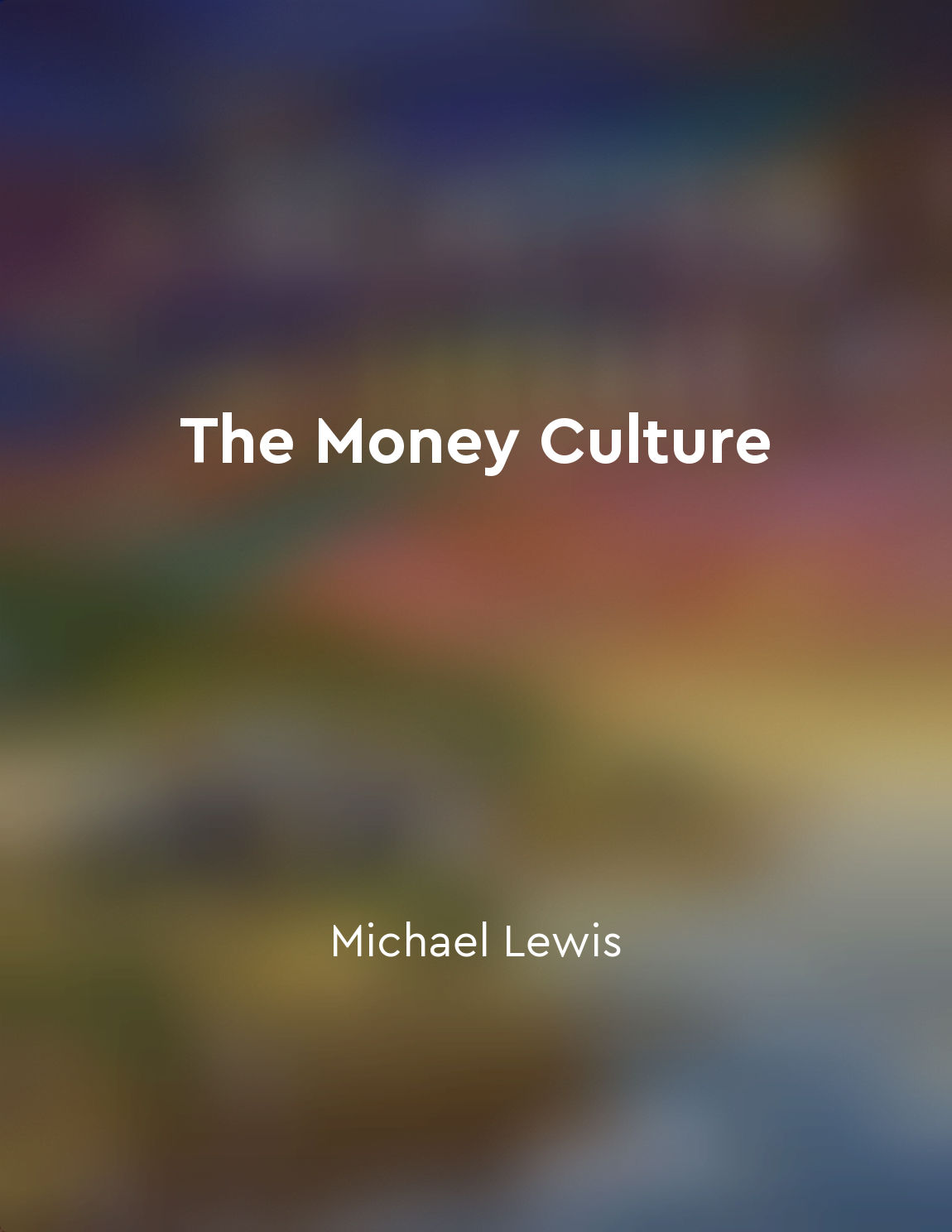Social structures determine wealth from "summary" of The Haves and the Have-Nots by Branko Milanovic
The distribution of wealth in any society is not random. It is a result of the underlying social structures that shape and determine the accumulation of wealth by different individuals and groups. These social structures can take various forms, such as economic systems, political institutions, cultural norms, and historical legacies. They create a set of rules and opportunities that define who can accumulate wealth and how much they can accumulate. In capitalist societies, for example, the market economy is a key social structure that determines wealth. Those who own capital or have valuable skills can generate income and accumulate wealth through their participation in the market. The rules of the market, such as property rights, competition, and contract enforcement, play a crucial role in shaping the distribution of wealth. Political institutions also play a significant role in determining wealth distribution. Governments can create policies and regulations that either promote or hinder wealth accumulation. For example, progressive taxation and social welfare programs can redistribute wealth from the rich to the poor, while policies that favor the wealthy, such as tax cuts for the rich or deregulation of financial markets, can exacerbate wealth inequality. Cultural norms and values can also influence wealth distribution. In some societies, there may be a strong emphasis on individualism, competition, and material success, which can drive people to accumulate wealth at all costs. In other societies, there may be a greater emphasis on social solidarity, equality, and cooperation, which can lead to more equal wealth distribution. Historical legacies, such as colonialism, slavery, or feudalism, can also have a lasting impact on wealth distribution. These historical injustices can create disparities in wealth that persist over generations. For example, the legacy of colonialism in many developing countries has left them with weak institutions, high levels of corruption, and limited opportunities for economic advancement, which hinders wealth accumulation for the majority of the population.- Wealth distribution is not simply a matter of individual effort or luck. It is fundamentally shaped by the social structures that govern our societies. Understanding these structures is crucial for addressing wealth inequality and creating a more just and equitable world.
Similar Posts
Rich dad believes in the power of financial education
Rich dad understands that the key to financial success lies in education. However, he does not mean the traditional education o...

Regulatory framework fails to prevent abuses
The rules were clear: don't cheat, don't lie, don't steal. But somehow, despite the strict regulatory framework in place, abuse...
Workers are exploited by capitalists
The capitalist system is built upon the exploitation of the working class by the capitalist class. Workers are forced to sell t...
Upholding human rights is a moral imperative
The notion that human rights must be upheld is not merely a suggestion but a fundamental duty that we owe to each other as inha...
Labor as fictitious commodity
Karl Polanyi explores the idea that labor is considered a fictitious commodity in the modern market economy. He argues that tre...
Education systems adapt
Education systems are constantly evolving to meet the demands of a rapidly changing world. In the face of new technologies, shi...

Change is possible
The idea that change is possible is a powerful one. It suggests that the future is not fixed, that we have the power to shape o...
The importance of agriculture and trade in Indian history cannot be overstated
Agriculture and trade have played a crucial role in shaping the history of India. The significance of these two aspects cannot ...
Democracy must be inclusive and equitable for all
The essence of democracy lies in its ability to embrace and empower all members of society, regardless of their background or c...

Financial success is a result of disciplined saving, investing, and strategic decisionmaking
Financial success is not something that happens by chance. It is a result of deliberate actions taken over time. One of the key...

